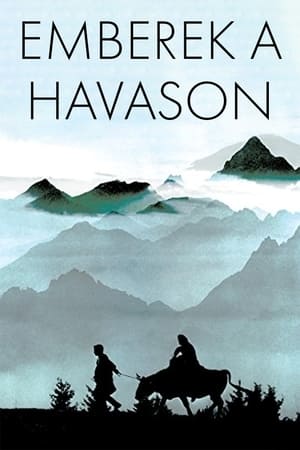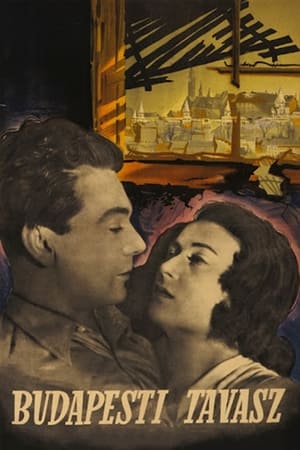
Irma Cserey
Biography: Biography not available
Place of Birth: Not available
Birthday: Not available
Deathday: N/A
Popularity:
Known For

People of the Mountains
1942-02-28
People of the Mountains

Overview: A simple, religious Hungarian woodcutter lives with his wife and boy child with a small community of squatters among the peaceful mountains of Transylvania until a lumber company claims their land and forces them all to become company workers or else leave the land. This 1942 Hungarian film takes a detailed and unflinching look at the hardships of mountain living, and the realistic approach proved influential to the Neorealist movement in Italian cinema. Hungarian master director Istvan Szots won the Biennale Cup at the Venice Film Festival for his auspicious debut, but the film was banned by the Nazis as "too Catholic" and not publicly exhibited until after World War II.
Genres: Drama
Original Language: hu
Release Date: 1942-02-28
Popularity:

Pénz áll a házhoz
1939-07-20
Pénz áll a házhoz

Overview: When Lajos Molnár loses his job and his love his friends tell him that a recently deceased Argentinian relative left millions to him.
Genres: Comedy Romance
Original Language: en
Release Date: 1939-07-20
Popularity:

Springtime in Budapest
1955-04-02
Springtime in Budapest

Overview: At Christmas Eve in 1944 the runaway Pintér and Gozsó get through the Soviet blockade around Budapest. Pintér intends to hide in a flat abandoned by his own relatives, but he finds his relatives called the Turnovszkys, who are hiding the Jewish Jutka as well. Love unfolds between Zoltán and Jutka.
Genres: War Drama
Original Language: hu
Release Date: 1955-04-02
Popularity: